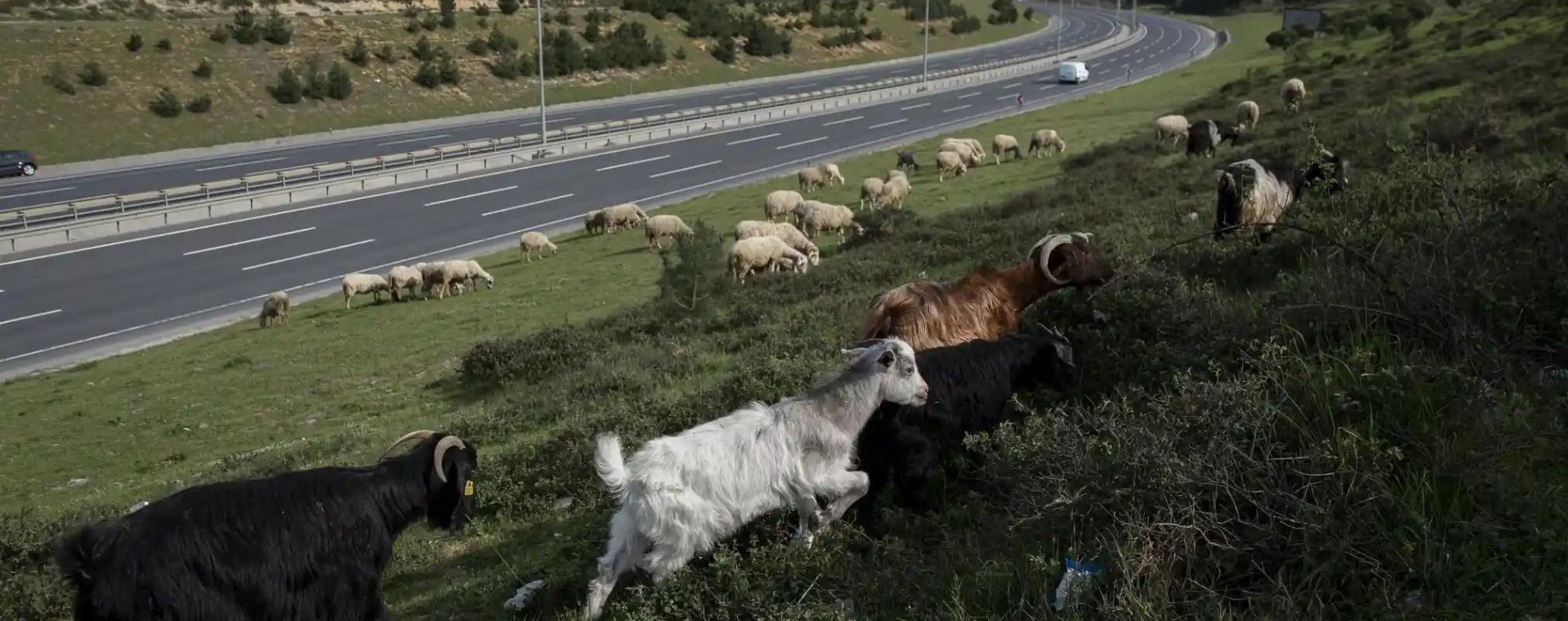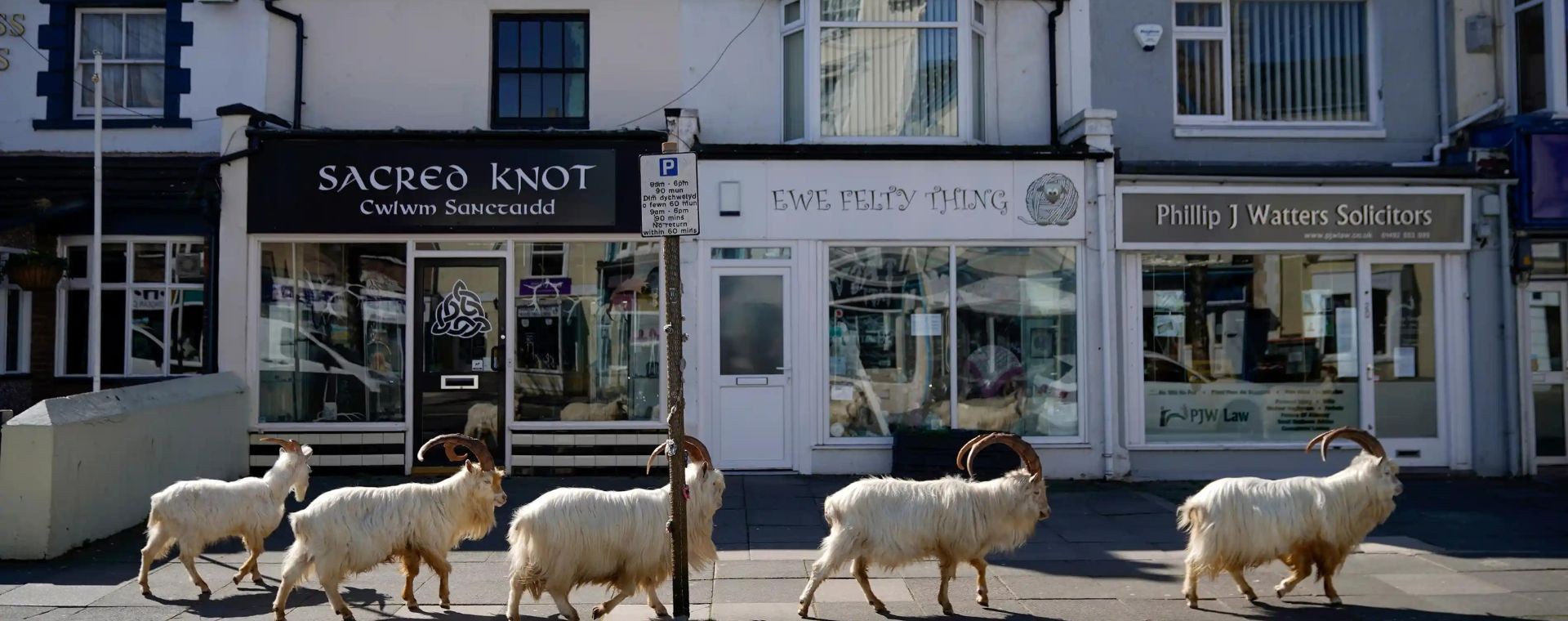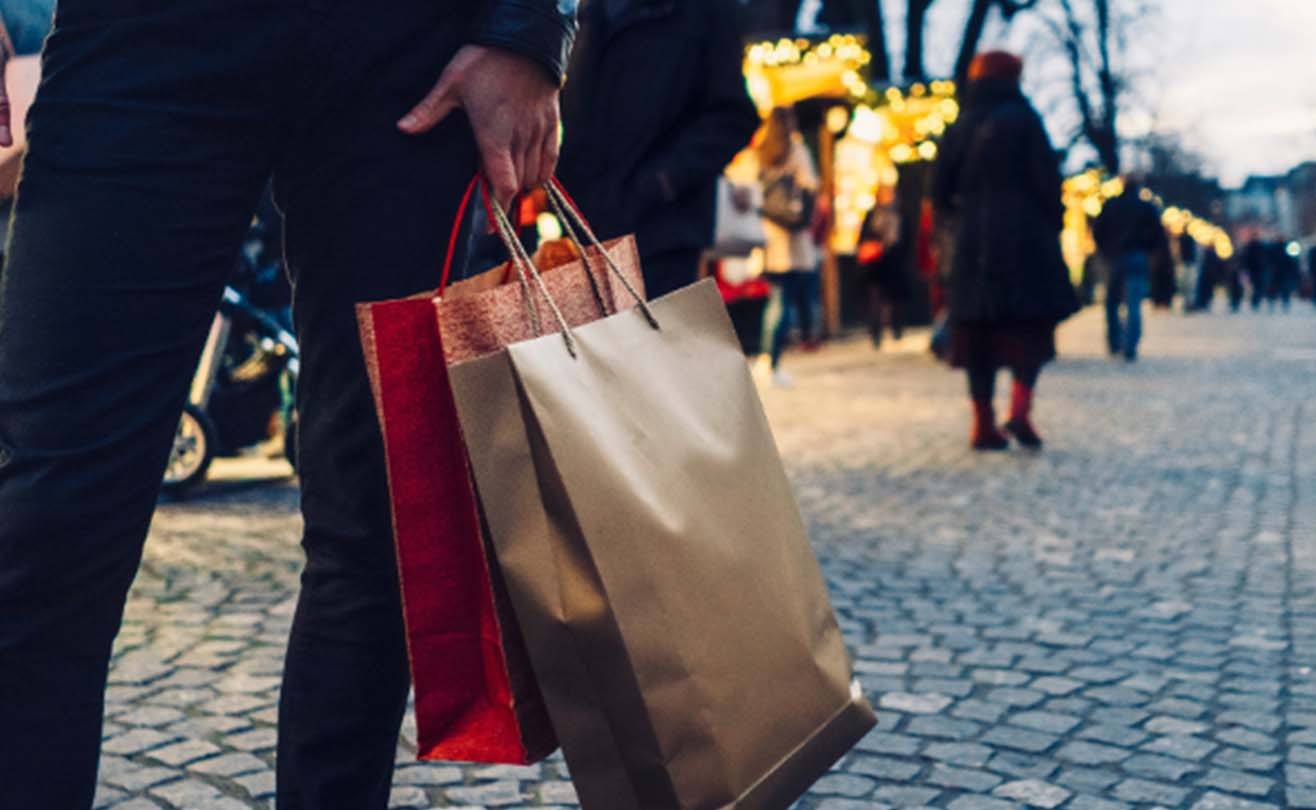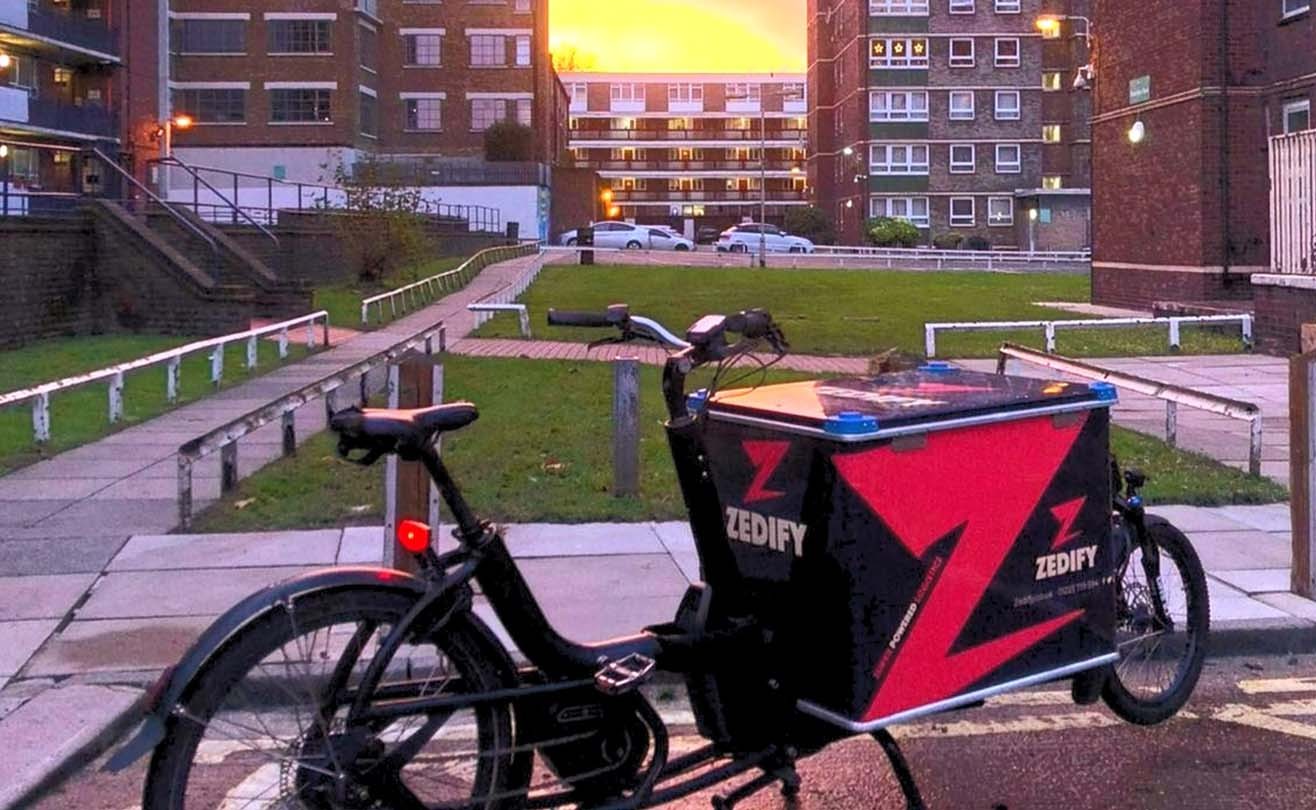World Wildlife Day: Reducing Pollution and Congestion

This Year’s Theme
World Wildlife Day is celebrated on March 3rd every year to raise awareness about the world’s wild animals and plants. This year’s theme is “Forests and Livelihood: Sustaining People and Planet.” As we celebrate the diversity of flora and fauna on this day, we must also recognise the threats they face. One of the biggest threats is pollution and congestion.
The Impact of Pollution on Wildlife
Pollution has a devastating impact on wildlife. Air pollution, for instance, affects birds’ respiratory systems and can cause lung damage, making it difficult for them to fly. Marine pollution, on the other hand, harms marine life and can lead to the death of aquatic animals. Plastic waste can entangle animals and cause them to suffocate.
Moreover, pollution can also affect the animals’ habitat. Deforestation, for instance, is a result of pollution and leads to the destruction of forests, which are home to many wildlife species.
The Role of Reducing Congestion
Reducing congestion on roads is essential to protect wildlife. Building new roads and motorways fragment wildlife habitats, making it difficult for animals to move around. This can lead to a decrease in the population of wildlife species. Congestion also leads to increased carbon emissions. Diesel vehicles emit harmful gases that pollute the air and harm wildlife.
Reducing congestion can be achieved by utilising sustainable transportation such as cycling, walking or public transportation. This not only reduces congestion but also decreases air pollution, making it easier for wildlife to thrive. 🌱
The Need for Collective Action
Reducing pollution and congestion is not the responsibility of a single person or government – we all must take collective action to protect wildlife. Governments, NGOs, for-profit businesses and individuals must work together to promote sustainable living and reduce pollution. Zedify is proud to partner with local authorities and policymakers across our 10 locations – everywhere from Waltham Forest to Plymouth – to do just this.
As individuals, we can all make small changes in our daily lives, such as using public transportation or switching our cars for bikes to reduce pollution and protect our wildlife.
Here’s to a future of sustainable living and better cities for all – humans, plants and animals alike.



 March 3rd, 2023
March 3rd, 2023 Bex Young
Bex Young 2 minute read
2 minute read

